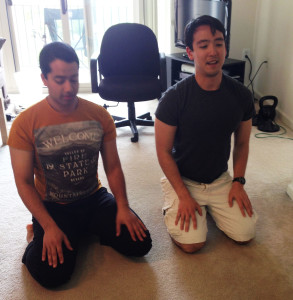
What Is The Ancient Wisdom Project?
This is a series of experiments in which I, Dale, dedicate 30-day periods to practicing, studying, and reflecting on a single ancient philosophy or religion with the hopes of achieving personal growth.
The Strategy: use time-tested strategies that cultivate a better way to live
Requirements: regular dedication to a single practice for a period of time
Not Required: adherence to any spiritual or religious beliefs or dogma
My Journey: Navy SEAL Wannabe > 4HWW > Ancient Wisdom
 I started The Ancient Wisdom Project because I was disappointed with my experiences trying to implement the advice of all modern productivity and “lifestyle design” gurus. After I dropped out of Navy SEAL training in 2010, I spent a few years trying to become a “digital nomad” by moving overseas to Egypt to teach English and start an online business.
I started The Ancient Wisdom Project because I was disappointed with my experiences trying to implement the advice of all modern productivity and “lifestyle design” gurus. After I dropped out of Navy SEAL training in 2010, I spent a few years trying to become a “digital nomad” by moving overseas to Egypt to teach English and start an online business.
Though I enjoyed the adventure, my business did not take off and overall, I wasn’t any happier. I tried to double down on all the Lifehacker and Tim Ferris tips by trying to test new business ideas out and becoming super productive, but something was still missing. I felt stuck, like I was spinning my wheels. Read more about my story here.
 So in 2014, instead of trying to look for the latest and greatest listicle blog post that could get me out of my funk, I looked to the oldest and greatest sources of advice I could find, ancient wisdom.
So in 2014, instead of trying to look for the latest and greatest listicle blog post that could get me out of my funk, I looked to the oldest and greatest sources of advice I could find, ancient wisdom.
Why ancient wisdom?
It’s simple. If an ancient wisdom tradition (whether religion or philosophy) is sufficiently old and has survived until present-day, there must be some value to it. Ancient wisdom is robust; lifestyle design blogs are fragile.
To maximize what I could learn from these ancient wisdom traditions, I created an experimental project for myself. The rules were simple:
How to Do An Ancient Wisdom Project
- Choose one ancient tradition:
- Must be 500 years old
- Must exist in some form today
- Select one practice from that tradition:
- Must cultivate a desirable virtue (i.e., compassion)
- Perform the practice for 30 days.
- Document results.
The Proof is in the Results
 The results of these experiments were powerful, certainly far more powerful than anything I could find in modern self-help literature. I learned from Stoicism that to maintain our tranquility, we need to cultivate a certain level of detachment from things outside your control. I learned from Catholicism that to add meaning to our lives, we should focus less on what we want and focus more on the servings Epicureanism taught me that we are bad at enjoying ourselves, and that true pleasure comes primarily from avoiding things that bother us.
The results of these experiments were powerful, certainly far more powerful than anything I could find in modern self-help literature. I learned from Stoicism that to maintain our tranquility, we need to cultivate a certain level of detachment from things outside your control. I learned from Catholicism that to add meaning to our lives, we should focus less on what we want and focus more on the servings Epicureanism taught me that we are bad at enjoying ourselves, and that true pleasure comes primarily from avoiding things that bother us.
From Personal Experiments to Ongoing Analysis
While I am not currently performing any 30-day ancient wisdom experiments, I will continue to use this site to write about different ways ancient wisdom is still relevant to our modern lives. This will include analysis of ancient wisdom texts, case studies of people who have applied ancient wisdom to their daily lives, and any other interesting ancient-wisdom related material I can find. My goal is to demonstrate that while there is nothing wrong with “lifehacking”, these time-tested traditions – traditions tested by billions across the globe – often offer better results.
What do you have against Tim Ferriss, lifestyle designers, and life-hackers?
I read Tim Ferriss’ book, The 4-Hour Work Week, right as I was leaving the Navy and had no idea what to do with my life. After having based my entire post-college life plan around becoming a Navy SEAL, I was completely lost and needed some guidance.
What Tim did was offer an alternative model on how to live, one based on imagining an ideal lifestyle and building a “passive-income business” around this dream lifestyle. It was (and still is) super attractive, but I discovered that a) building a passive income business is very difficult and b) meaningful lives are not created through desire based lifestyle-design planning.
Of course we all want to have easy money rolling in and the ability to do whatever we want, when we want, but meaningful lives are crafted by navigating the circumstances and events of your life as they come in accordance with time-tested (read: ancient) values.
Though I don’t think Tim meant to make everyone’s life philosophy revolve around an online passive-income business, many people (including myself) have lost valuable time that could have been better spent learning to cultivate virtues that can help us become better people and craft meaningful lives.
I don’t have anything against some of the lifestyle design and productivity techniques that Tim and others advocate, I just don’t think they should be the centerpiece of a well lived life.
I don’t believe in God or any of the weird religious dogma. Why should I bother with ancient wisdom?
I was never religious growing up. I’m still agnostic as far as the existence of a personal God is concerned.
But religions are far more than an intellectual belief in something that is not verifiable by science. Religion contains many important practices, rituals, and value systems that help its adherents live good and meaningful lives. Over time, religions become more and more refined; they evolve and get better.
Following these ancient practices is not a matter of “belief” in the way we understand it. It doesn’t require us to believe in a super natural white bearded guy in the sky (or the Flying Spaghetti Monster), it just requires that we show up and perform the action. No belief required.
So even if you don’t “believe” in the religious dogma, practicing and studying them can help you develop traits and virtues far more effectively than any blogger can (except for me, of course).
Religion is responsible for much of the violence in the world. Shouldn’t we discredit it?
It’s complicated, and no, we shouldn’t discredit religion.
Yes, religious movements have been associated with violent periods in history. However, so have secular, nationalist governments.
It was only recently (post-enlightenment) that the idea of separation of church and state really became an accepted idea. Pretty much all governments pre-Enlightenment era have been associated with religion in some way, shape, or form. Thus, when a particular government or feudal lord decides to wage war on a neighboring state or feudal lord, it will rally the troops using whatever means necessary, including religion, to get people to fight for them.
It is difficult to isolate religion from other socio/political/economic motives that drive organizations to violence. Thus, it’s unfair to say that religion is inherently violent and has been a primary driver of historical violence.
Regardless, it shouldn’t deter us from seeking what is best from ancient wisdom traditions, including religion, and applying it to our own lives.
For a good analysis of the history of religious violence, read Karen Armstrong’s Fields of Blood: Religion and History of Violence.
How can I do my own Ancient Wisdom Project?
I suggest reading through my experiments and seeing if there are any practices you would like to replicate, but here are my general guidelines:
- Choose an ancient wisdom tradition that is at least 500 years old and still surviving in some form. I use the term “surviving” loosely, but try to choose something that exists in some institutional form today.
- Research 1-2 practices that you can reasonably perform on a daily or weekly basis over a period of 1-2 months.
- Collect some literature from the chosen tradition and study the particular topic.
- Maintain some sort of journal or notebook so that you can reflect on your experience and record any questions, problems, or benefits you have incurred.
I am considering developing a course where I help people set up their own ancient wisdom experiments. If interested, please e-mail me directly at dale@theancientwisdomproject.com.